Alexey Vermeulen: ‘As a privateer I am making more than I did in the WorldTour’
Meet the WorldTour racer turned six figure gravel privateer at the front of the pack in America’s changing cycling landscape
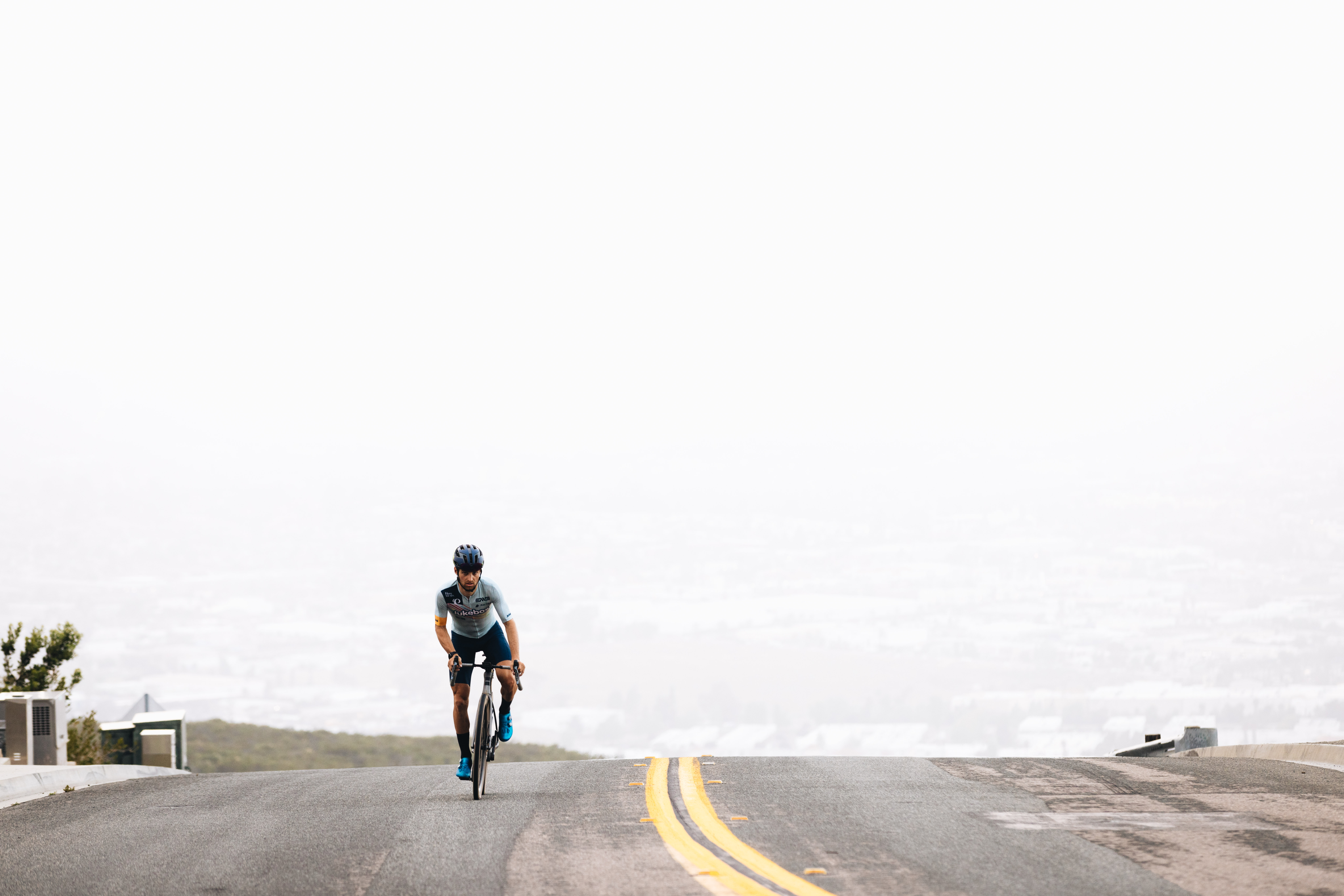
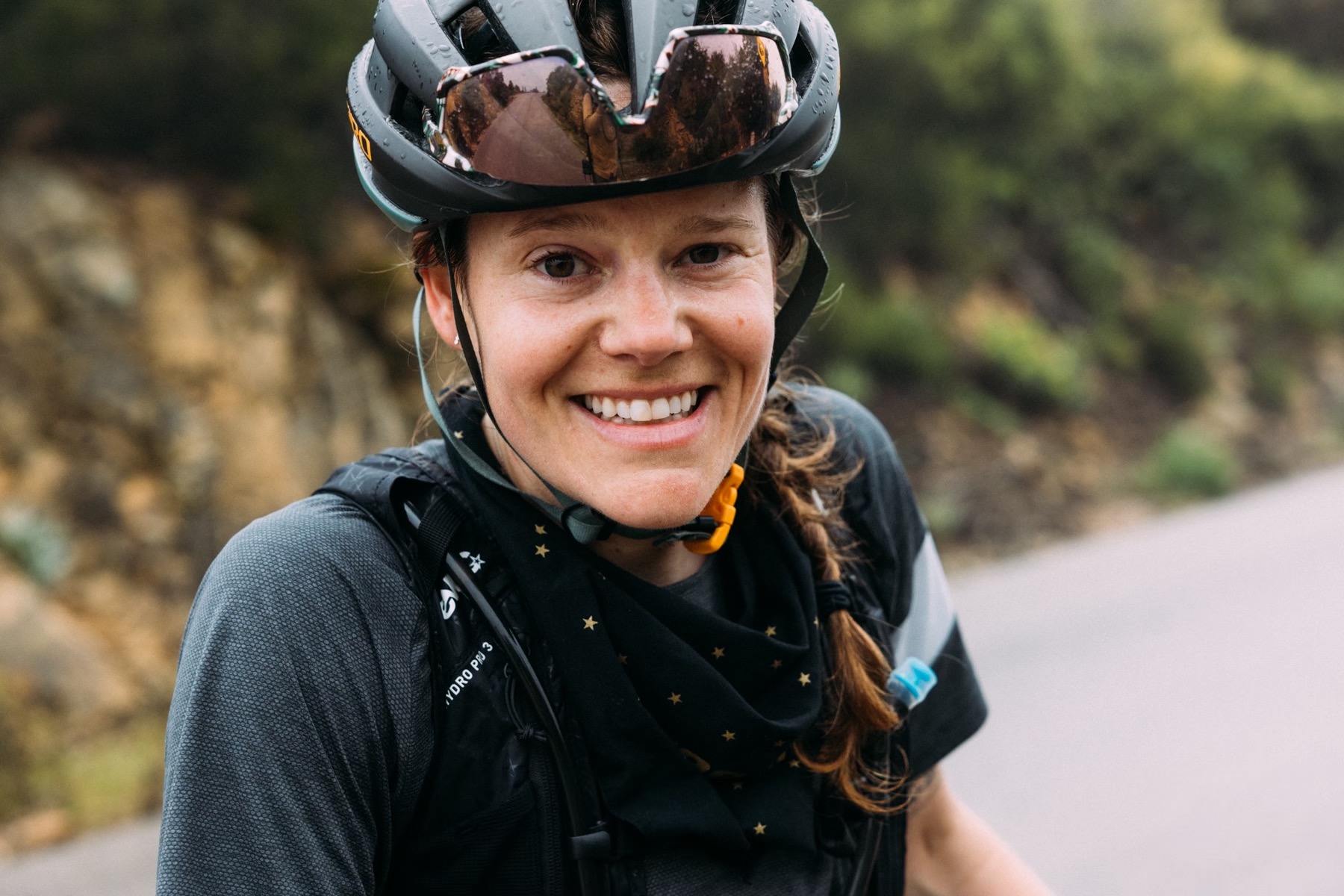
Alexey Vermeulen was going to be America’s next great GC rider. He had solid performances as a junior and U23 rider and was part of the BMC’s development program for two years before signing a two-year contract with LottoNL-Jumbo at just 20 years of age.
In those two years, the Michigan climber rode 127 races in the yellow-and-black kit. From Classics and Monuments like the Flèche Wallonne, Liège-Bastogne-Liège, Strade Bianche and Il Lombardia to the big multi-day events like the Tour Down Under, Abu Dhabi Tour, Tour de Romandie, Tour of California and Criterium du Dauphine. He got a taste of it all, and despite riding in support of his senior team members, Vermeulen showed talent with a Top 5 stage finish at the 2017 Criterium du Dauphine and a bronze medal at the U.S. Pro National Time Trial Championships.
But the magic of WorldTour racing quickly faded when LottoNL-Jumbo decided to not renew his contract. He went on to race briefly with the Continental Interpro Stradalli Cycling team before setting out to do his own thing.
After an uncertain start, Vermeulen’s own endeavor as a racing privateer with a diverse calendar of road, gravel and mountain biking has turned out to not only be highly successful but lucrative as well.
“This is the first year —and I want to share this because I think incomes in the cycling world need more visibility— that I am making more than I did in the WorldTour,” Vermeulen told Cycling Weekly.
“To be able to be one of 10, maximum 20 privateers who are making money fully through cycling is pretty dang cool.”
As part of LottoNL-Jumbo, Vermeulen, then just 21 years old, was making an annual salary of 65,000 Euro, which he was “very, very happy” with, before they dropped him without so much as an explanation as to why. And getting to where he is today took a lot of courage, persistence and well, marketing chops.
Get The Leadout Newsletter
The latest race content, interviews, features, reviews and expert buying guides, direct to your inbox!
So how much does Vermeulen make now?
“Over six figures,” the 27-year-old stated. “And that’s not contingent on results. It's not contingent on my schedule. I want that to grow so everyone can make a living doing what they love, because it’s been a fight to get there.”
“I also want to preface that some of that budget comes from what I do outside of my own racing, from side projects and other endeavors. But it's that being a full-rounded, privateer that I think is important nowadays, that it's not just your race results. You have to find value for sponsors beyond you as a racer.”
As American cycling grapples with its identity, culture and business, Vermeulen has carved out his own slice of the pie. His approach is two-fold. For one, he’s racing a unique, self-set calendar and building an increasingly impressive palmarès. While at the same time, he’s dabbling in marketing, and broadening the appeal of, and adding value to, the still-niche sport that is cycling.
“I love the business side, but to be honest, it's hard. All of a sudden I have a real job. It's such a stroke of luck, not a stroke of genius, but once you find them, you have to commit yourself to being more than just the athlete, because professional athletes can be f***ing selfish,” Vermeulen said.
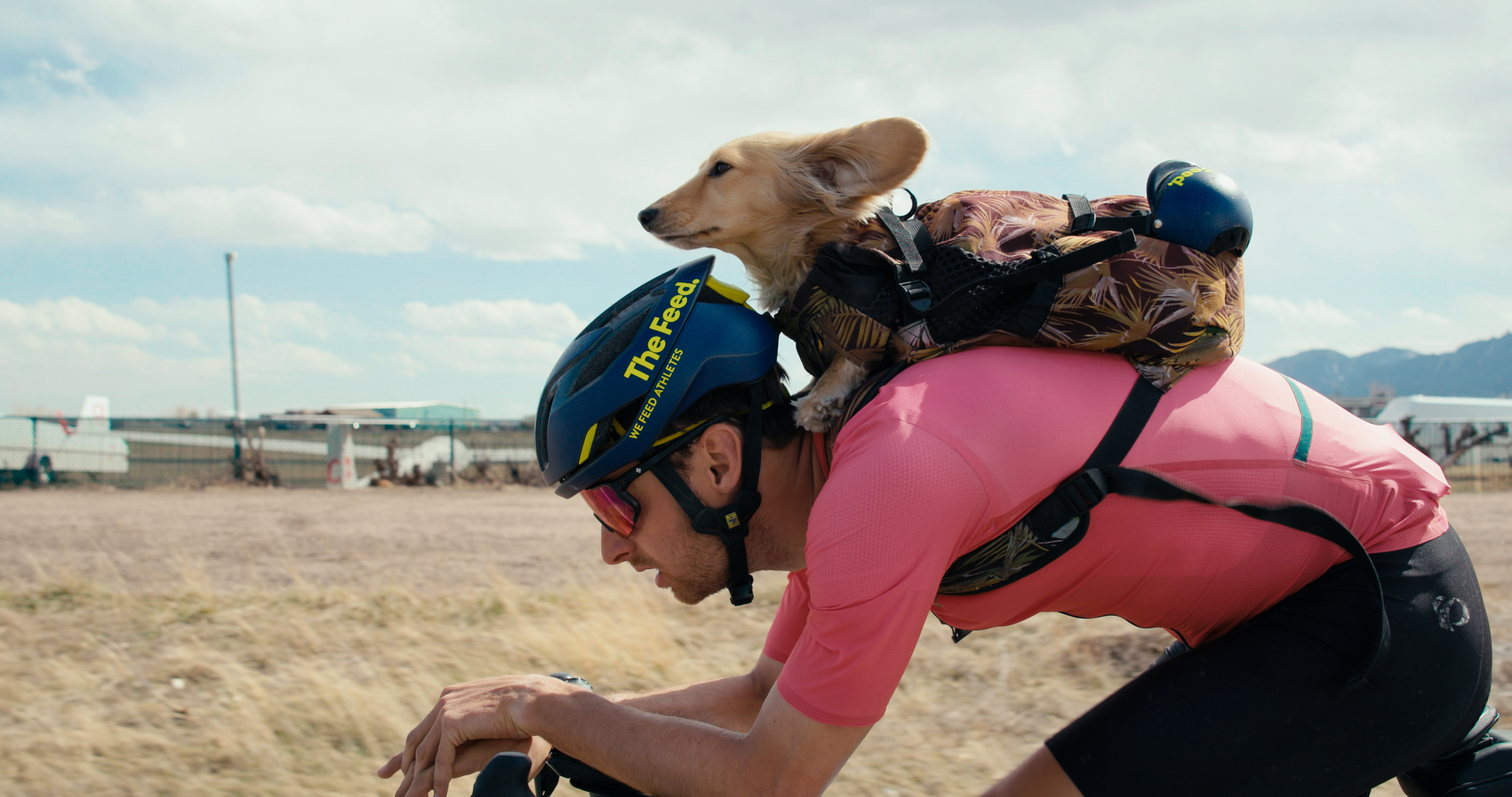
Alexey Vermeulen riding with Sir Willie the Wiener
Setting Off on His Own
Following his brief stint in the World Tour, Vermeulen knew he wasn’t done racing bikes, and wanted to pursue a program of his own. He was only 23 afterall, and still very much developing as a bike racer. He knew he wanted to build long term relationships with the right brands and people and create something more meaningful. But forcing a path of your own is never easy.
“I came home from the World Tour and for two years I made 15-20 grand a year and lived with my parents,” Vermeulen shared, adding that during that time he was looking for the right partners —those willing to play the long game — while also establishing himself as an off-road racer.
That result finally came in 2019 at the Iceman Cometh mountain bike race in his home state of Michigan.The Iceman Cometh is one of North America's most-competitive point-to-point mountain bike races traditionally held on the first Saturday of November. Vermeulen bested Brian Matter, Geoff Kabush and Ben Sonntag for a victory that, Vermeulen said, felt like a validation that leaving the traditional road scene hadn’t been a big mistake.
Today, Vermeulen lives, like so many American professional endurance athletes, in Boulder, Colorado. He, and furry riding buddy Sir Willie the Wiener, are a fixture in the off-road scene. He’s been a consistent Top 10 finisher at America’s biggest gravel and endurance mountain bike event, and will make a serious bid for the stars-and-stripes at U.S. Pro Road Nationals in June as well.
He’s found partners in brands like Enve, Pearl Izumi, The Feed, and Wahoo among others, and is part of the non-traditional Jukebox cycling team.
He’s also one of the creators of From the Ground Up, a multimedia project born during the COVID pandemic that supports and films three everyday people new to cycling on their journey to racing the infamous Leadville 100. Through an application process, three riders are provided with the gear, knowledge, training and encouragement needed to complete the race and ultimately, become lifelong bike riders.
“During the Pandemic, all of sudden athletes were hot assets because there weren’t any events, and brands saw them as a way to spend the marketing budget. [Ryan Petry] and I came up with the idea as a way to support the companies that had been supporting us, but in a way in which we could make an impact,” Vermeulen explained.
Vermeulen echoes the sentiments that many of us in the cycling industry have been feeling for years: the old way of sponsorships, doing business and fostering community simply doesn’t work in American cycling. It hasn’t worked since Lance Armstrong’s hay days.
“Cycling is still learning how to talk about itself. For a long while now all we talked about was fit people being fast and taking on the Tour de France. But for the majority of people, such as those who bought a Peloton a year ago, that doesn’t matter at all,” Vermeulen pointed out.
It’s that storytelling that cycling in the U.S. lacks but where privateers can make a difference. With conflicting time zones and little cycling TV coverage to speak of, Americans are rarely exposed to the sport of cycling. And if they were to catch a glimpse of a bike race on TV or at a city criterium they wouldn’t know what is going on or who to root for. Cycling is primarily a participatory sport in the U.S. but it can’t grow with a broader, non-endemic appeal.
“That's what's beautiful about gravel. I don't think it's gravel itself. It's that it’s open to all, and there are not as many rules. You can go on an adventure, or challenge yourself and have fun at a race with thousands of other people. Not many feel safe on the road, and when you show up at a road race, you immediately feel intimidated. No one talks, no one hangs out. I don't get it, and I love road racing but I don't see any value for sponsors in that right now,” Vermeulen said.
To help with the storytelling and exposure of the sport, Vermeulen said he actually spends a big percentage of the money he’s making on having a photographer-videographer at the events he’s attending.
“And it’s not to show the racing, but everything that surrounds it, which is way more interesting than watching me cross the finish line,” he said.
The storytelling and engaging new audiences, that is the real value add for sponsors, Vermeulen pointed out.
“I think there are a lot of things that cycling is working out, but as long as the storytelling grows, the interest in cycling will grow organically. You need the stories and the characters along with the numbers and names on jerseys like in other sports.
“People have to be unique and fans need a chance to get to know them. I know, sponsors on the jersey is a very old fashioned, very big thing in cycling, and I see the importance in it, but if you're actually selling something, it's most likely not from the brand being on a jersey. It comes from you talking about it organically.”
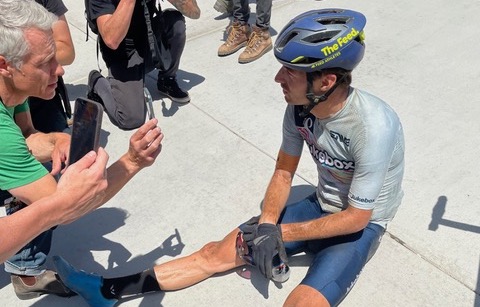
A very happy but tired Vermeulen after winning the Belgian Waffle Ride in early May.
Success Across All Terrain
Of course, as a professional athlete, competition does play an important role and Vermeulen’s got some lofty goals.
“My goal is to have the ultimate privateer year. I want to be a full-rounded athlete. I want to win the Belgian Waffle Ride (editor’s note: he did!), I want to win U.S. Pro Nationals and I want to win Leadville or another mountain bike race because that is what’s interesting to people in the U.S. right now,” Vermeulen said.
Vermeulen's next target will be the 200-mile Unbound gravel race in early June. He's currently sitting in seventh place in the Life Time Grand Prix series, just six points behind leader Keegan Swenson. While he's got his sight set on the series overall, Unbound is the one race that scares him. After suffering flat tire after flat tire, last year's Unbound was a pure struggle. After that experience, Vermeulen said he hopes for a mechanical-free race and a chance to actually be in the mix at the front of the race.
With a goal to increase cycling fandom in the United States, the Life Time Grand Prix is a six-race series showcasing some of the best gravel and mountain bike races and athletes the U.S. has to offer. A season’s cast of 60 hand-selected athletes includes WorldTour roadies, gravel pros, mountain bike Olympians, track world champions, a pro triathlete and even, a former elite rower, all vying for a $250,000 prize purse.
You can watch the racing live on FloBikes, and if you do, be sure to keep your fingers crossed for a flat-free race for Vermeulen.

Thank you for reading 20 articles this month* Join now for unlimited access
Enjoy your first month for just £1 / $1 / €1
*Read 5 free articles per month without a subscription

Join now for unlimited access
Try first month for just £1 / $1 / €1

Cycling Weekly's North American Editor, Anne-Marije Rook is old school. She holds a degree in journalism and started out as a newspaper reporter — in print! She can even be seen bringing a pen and notepad to the press conference.
Originally from the Netherlands, she grew up a bike commuter and didn't find bike racing until her early twenties when living in Seattle, Washington. Strengthened by the many miles spent darting around Seattle's hilly streets on a steel single speed, Rook's progression in the sport was a quick one. As she competed at the elite level, her journalism career followed, and soon, she became a full-time cycling journalist. She's now been a journalist for two decades, including 12 years in cycling.
-
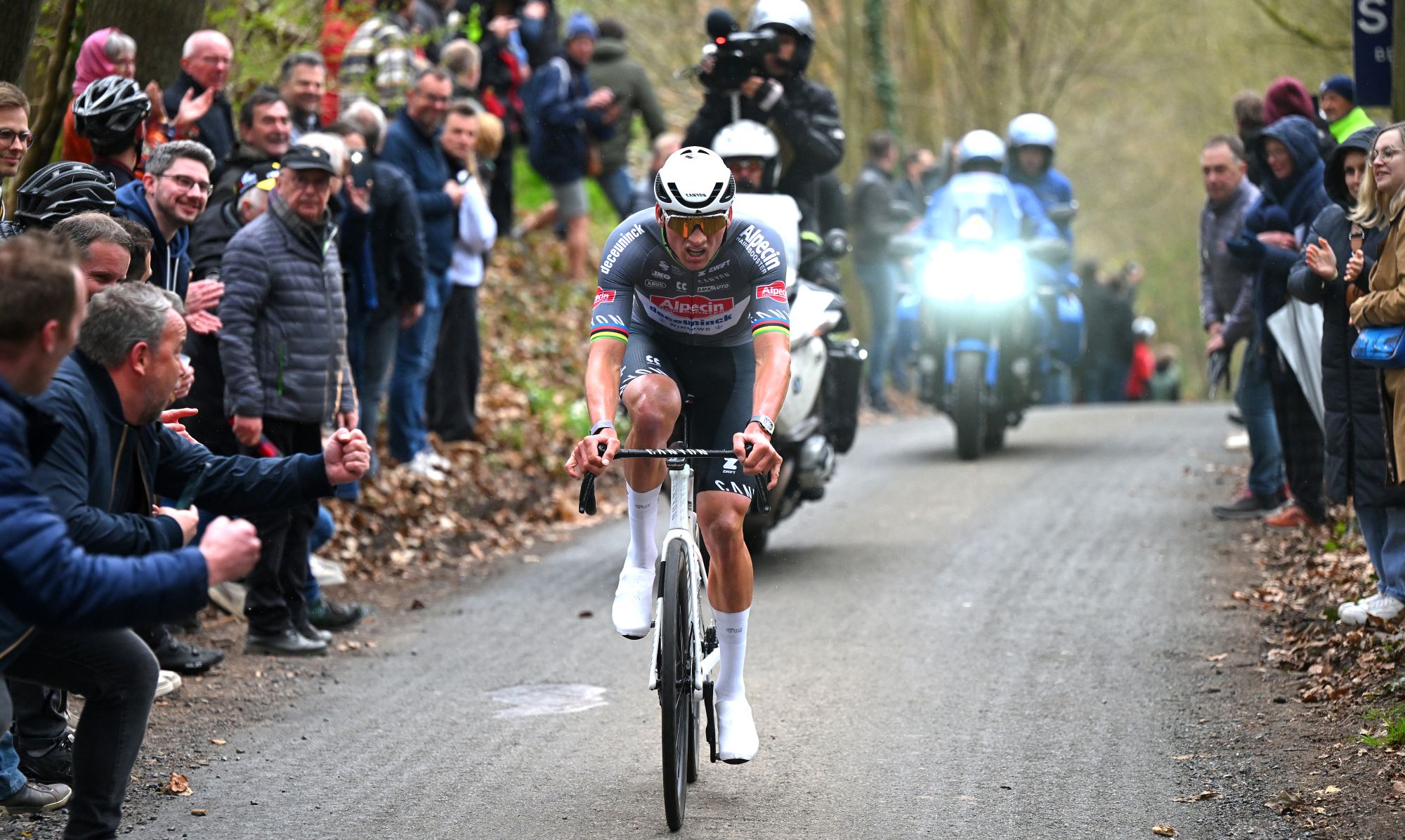 'I start every race to win' - Mathieu van der Poel fired up ahead of Paris-Roubaix showdown with Tadej Pogačar
'I start every race to win' - Mathieu van der Poel fired up ahead of Paris-Roubaix showdown with Tadej PogačarTwo-time winner says he has suffered with illness during spring Classics campaign
By Tom Thewlis Published
-
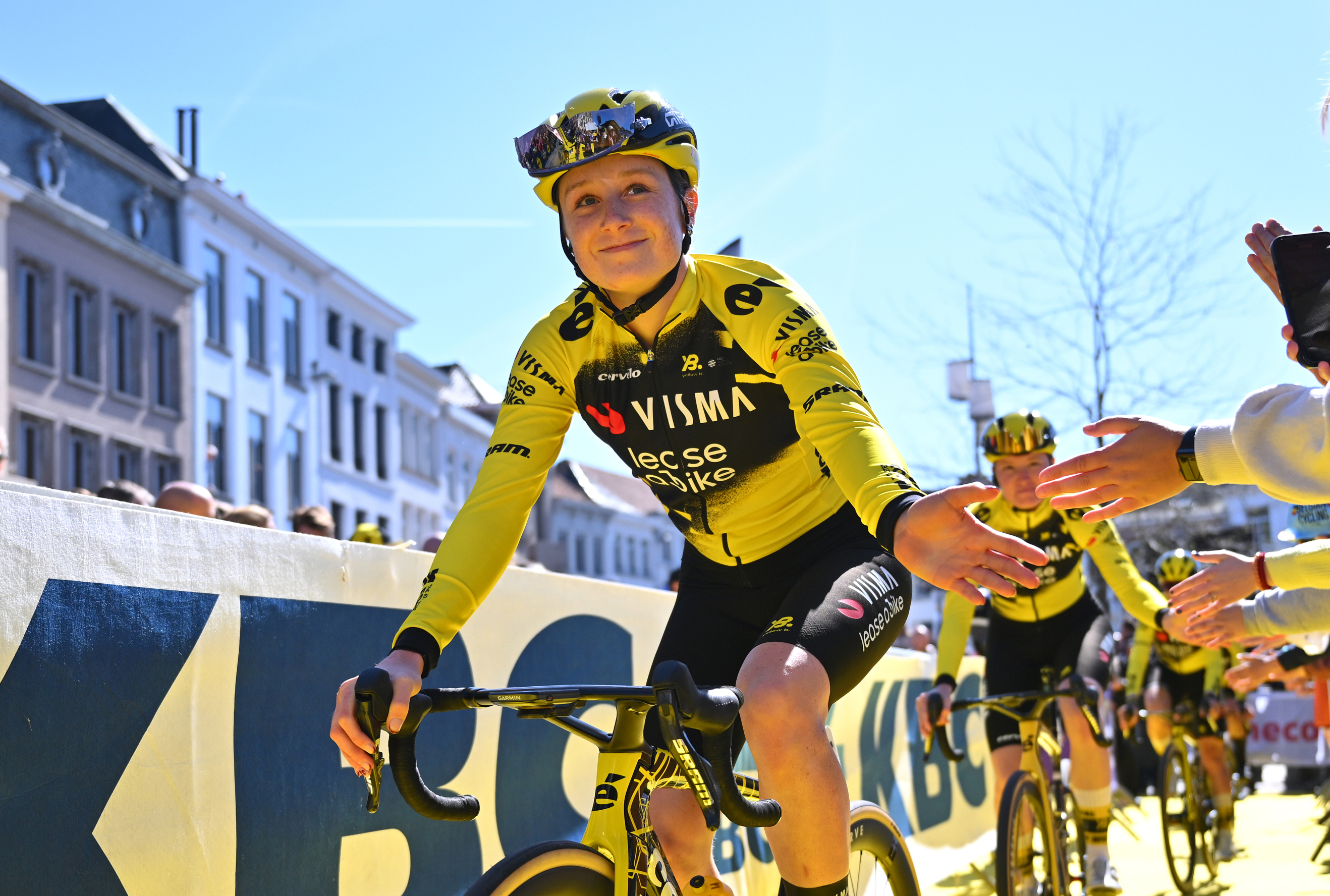 'It's really surreal that now I'm part of it' - 19-year-old Imogen Wolff set to go from spectator to racer at Paris-Roubaix
'It's really surreal that now I'm part of it' - 19-year-old Imogen Wolff set to go from spectator to racer at Paris-RoubaixBrit first came to see the 'Hell of the North' when she was six
By Tom Davidson Published
-
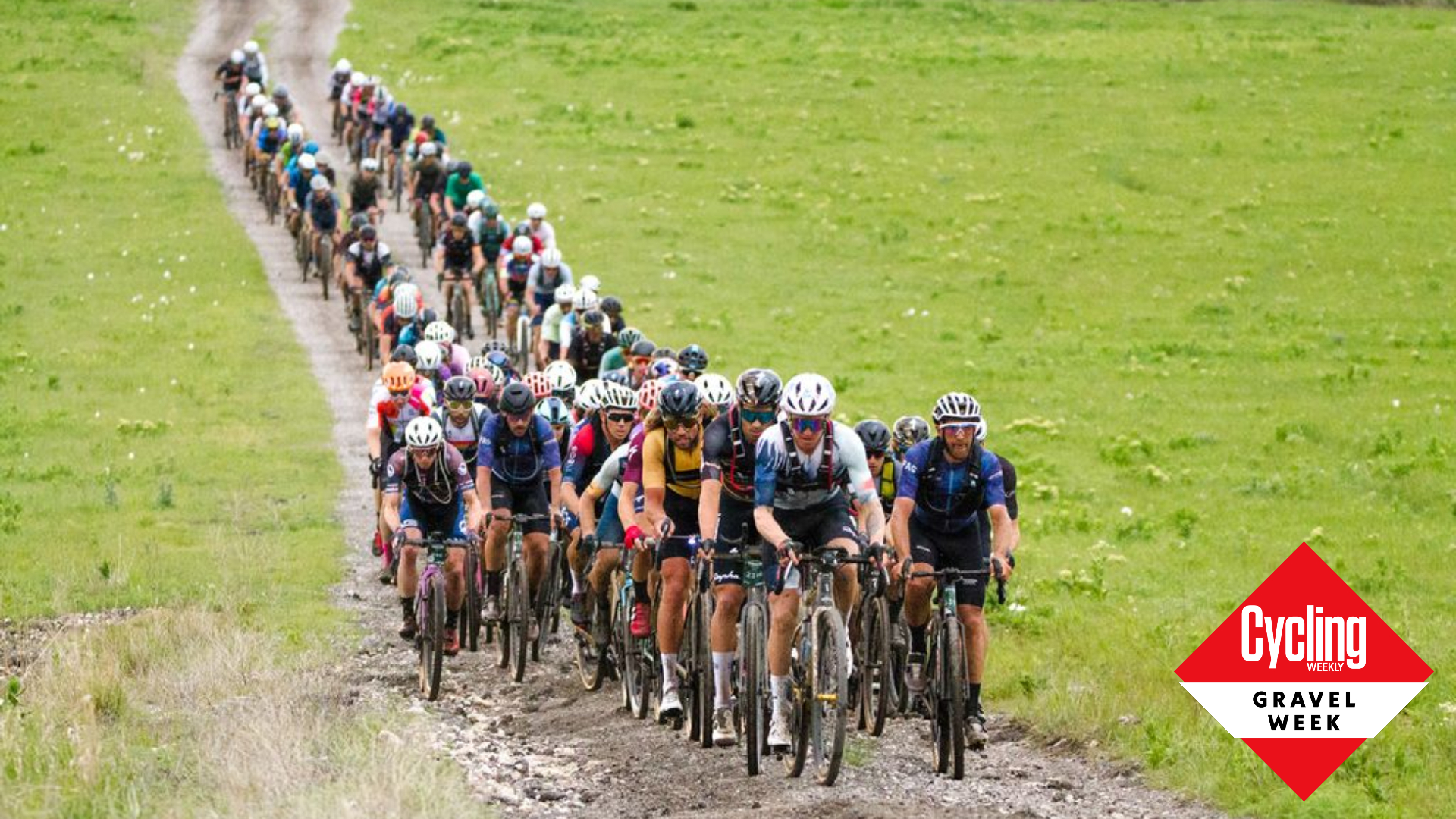 What is Unbound Gravel, who's racing and where to watch the world's 'premier gravel event'
What is Unbound Gravel, who's racing and where to watch the world's 'premier gravel event'WorldTour roadies, track world champions and MTB Olympians joining thousands of participants, Unbound Gravel has grown to be the world's biggest gravel race.
By Anne-Marije Rook Last updated
-
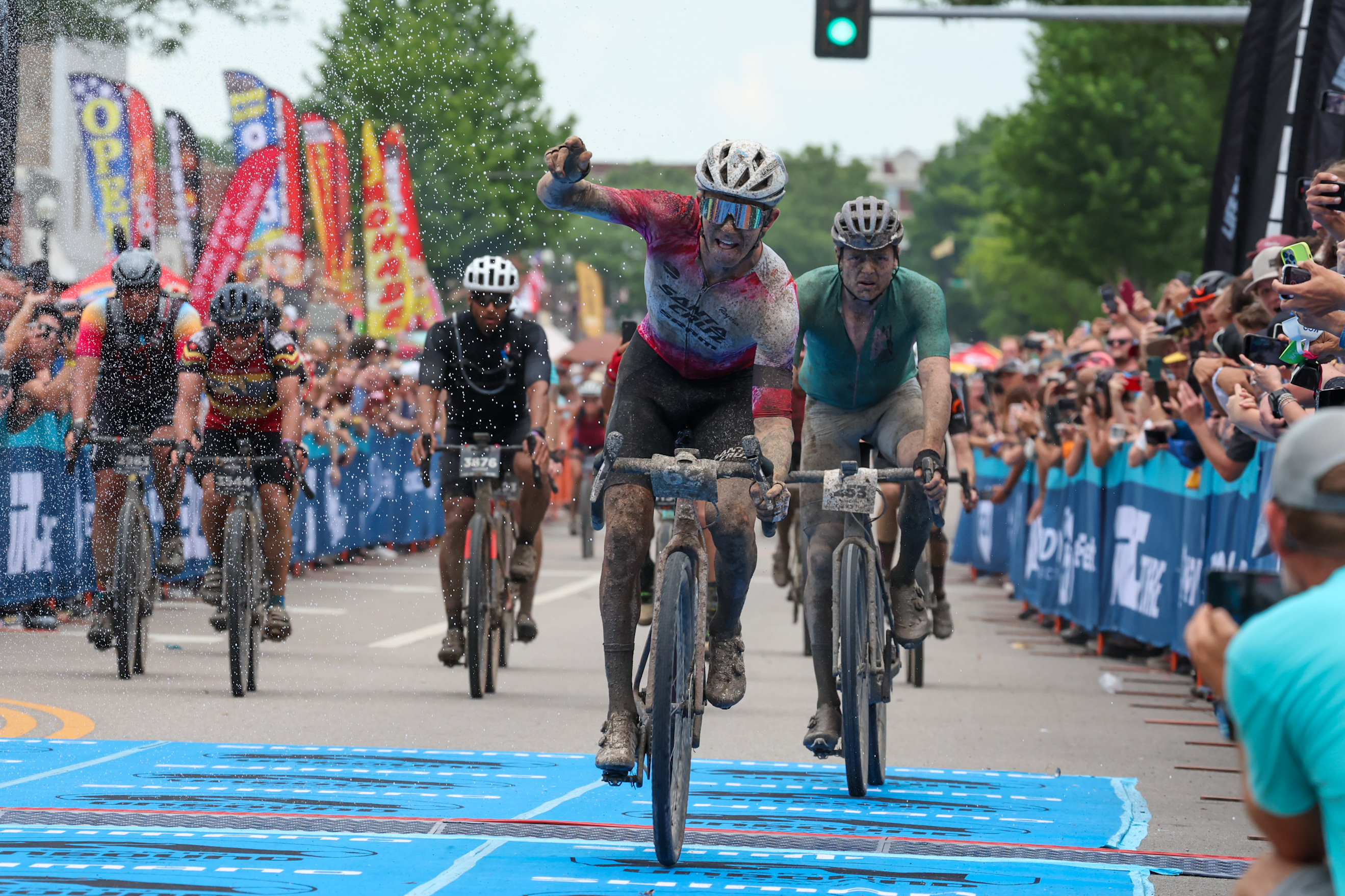 Smaller field, bigger prize purse: Meet the cast of the 2024 Life Time Grand Prix
Smaller field, bigger prize purse: Meet the cast of the 2024 Life Time Grand PrixWatch as a cast of 70 handpicked WorldTour roadies, track world champions and MTB Olympians compete for the $250,000 prize purse
By Anne-Marije Rook Published
-
 Valterri Bottas' Finnish gravel race gears up for a second edition in June 2024
Valterri Bottas' Finnish gravel race gears up for a second edition in June 2024Second year of FNLD GRVL gravel race to take place in Lahti, Finland on June 15, 2024
By Anne-Marije Rook Published
-
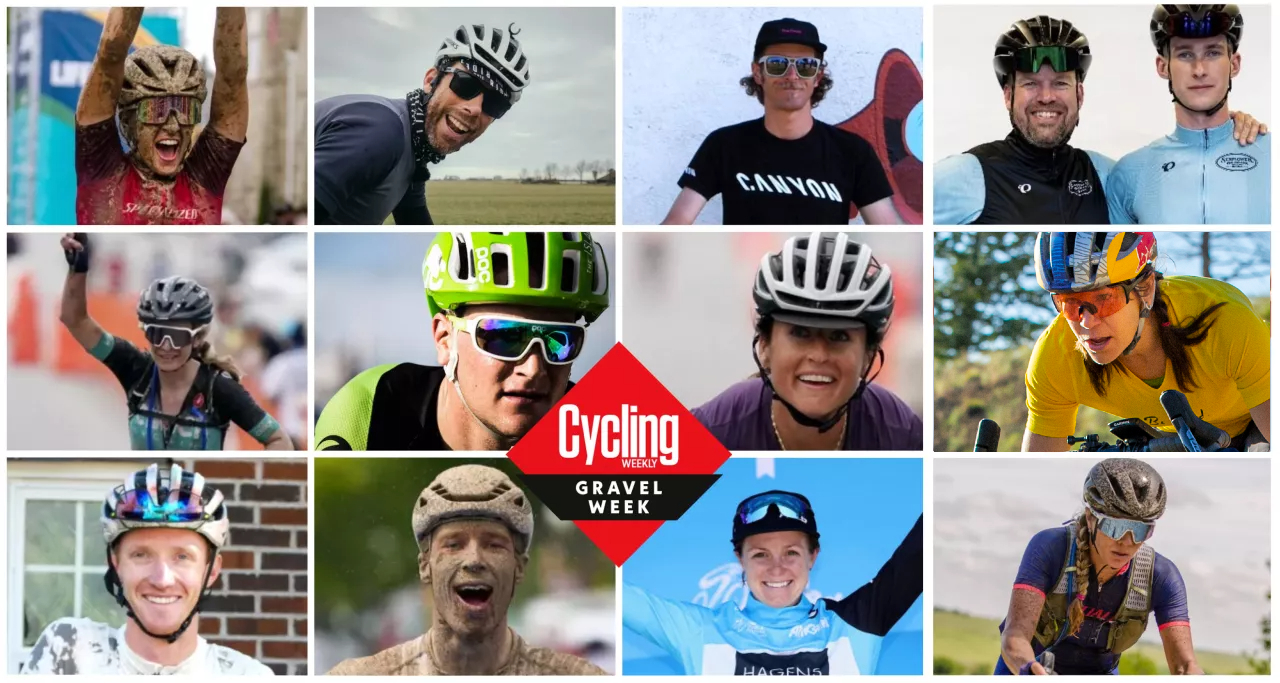 Gravel legends: as gravel racing defines itself, these folks are leading the charge
Gravel legends: as gravel racing defines itself, these folks are leading the chargeAs gravel racing moves to define itself amid worldwide popularity, these early adopters are now carving out a unique professional cycling career. Meet gravel racing's biggest stars.
By Marshall Opel Published
-
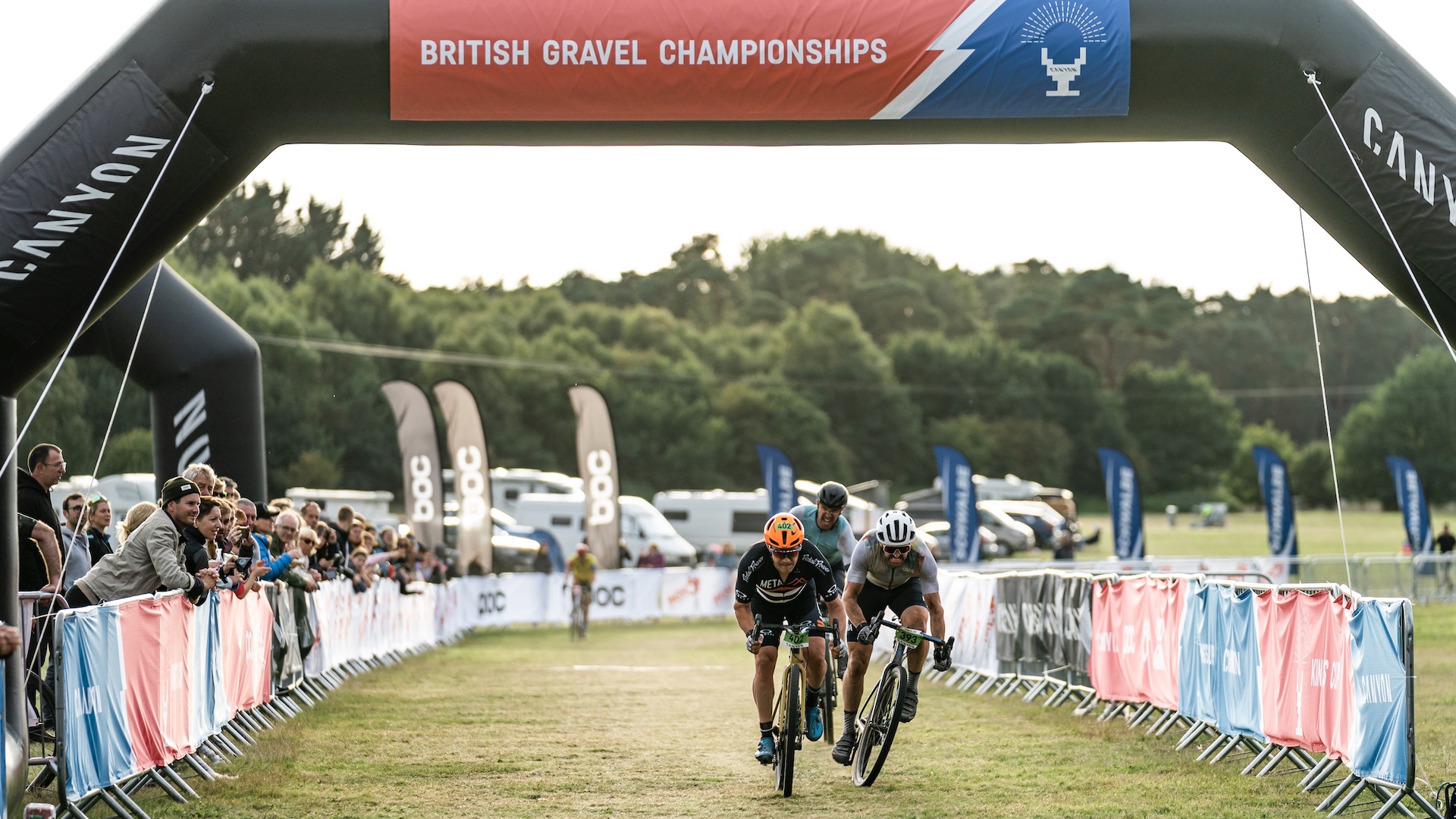 True Grit: Inside the gravel national championships
True Grit: Inside the gravel national championshipsCycling Weekly meets the muddy mavericks pushing the envelope of Britain’s burgeoning gravel scene.
By James Shrubsall Published
-
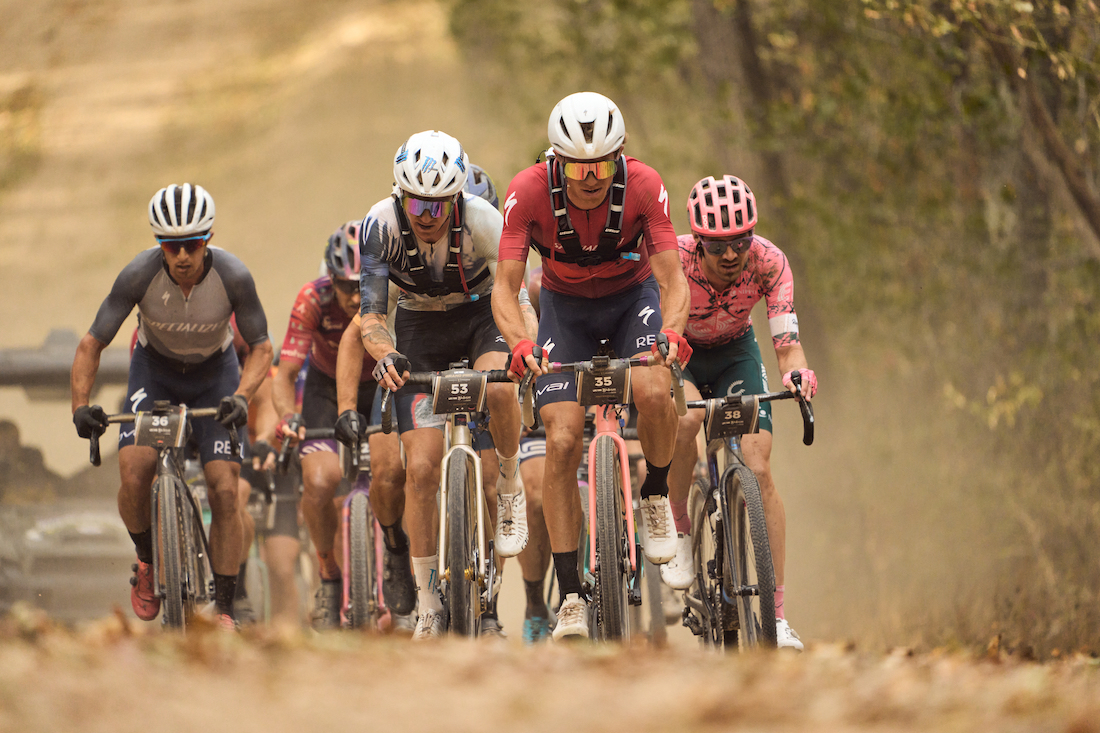 Meet the cast of the 2023 Life Time Grand Prix
Meet the cast of the 2023 Life Time Grand PrixWatch as a cast of 60 handpicked WorldTour roadies, track world champions and MTB Olympians compete for the $250,000 prize purse
By Anne-Marije Rook Published
-
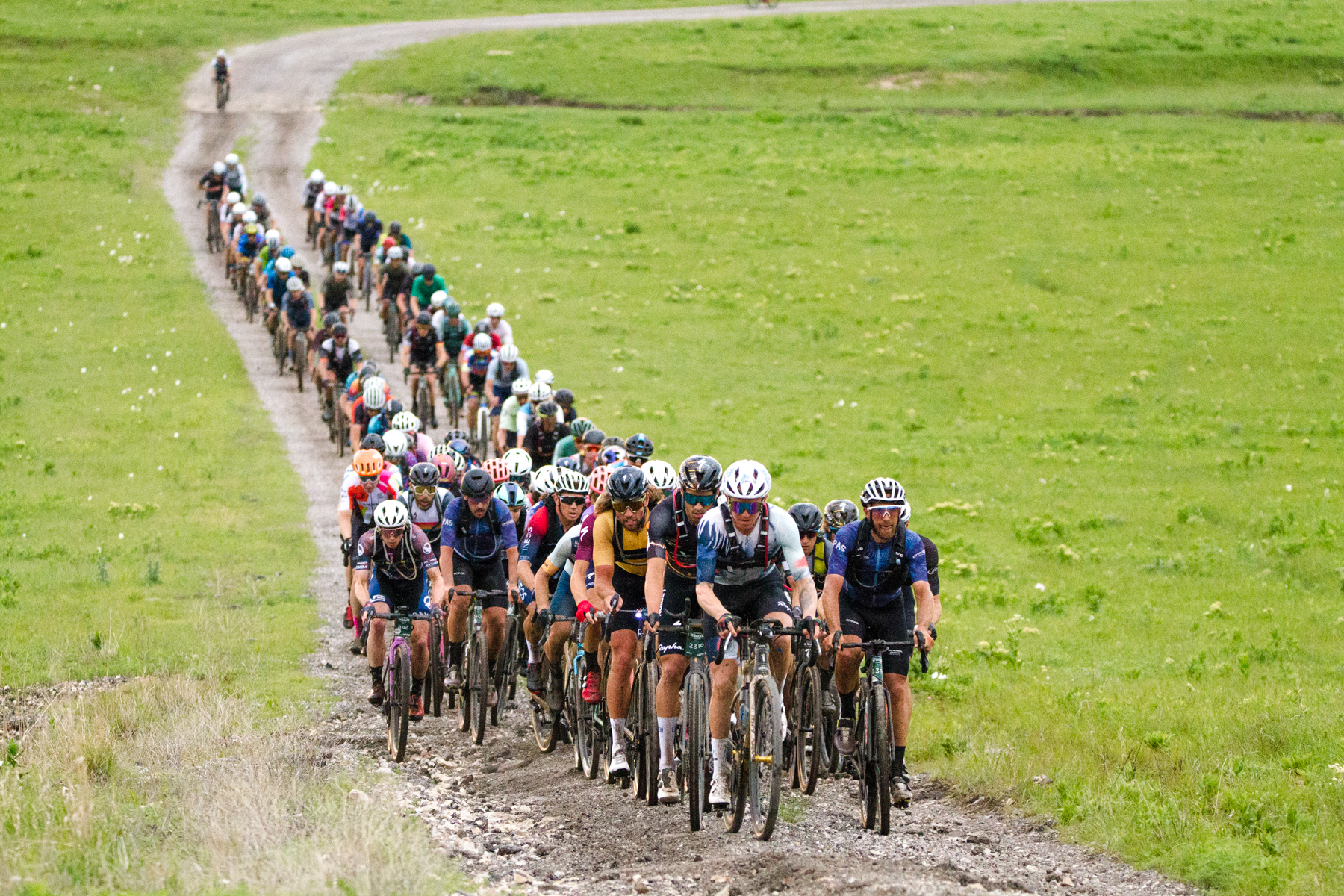 More events, more riders, more doping control and a $250,000 prize purse: the Life Time Grand Prix returns in 2023
More events, more riders, more doping control and a $250,000 prize purse: the Life Time Grand Prix returns in 2023Applications to compete open December 1st
By Anne-Marije Rook Published
-
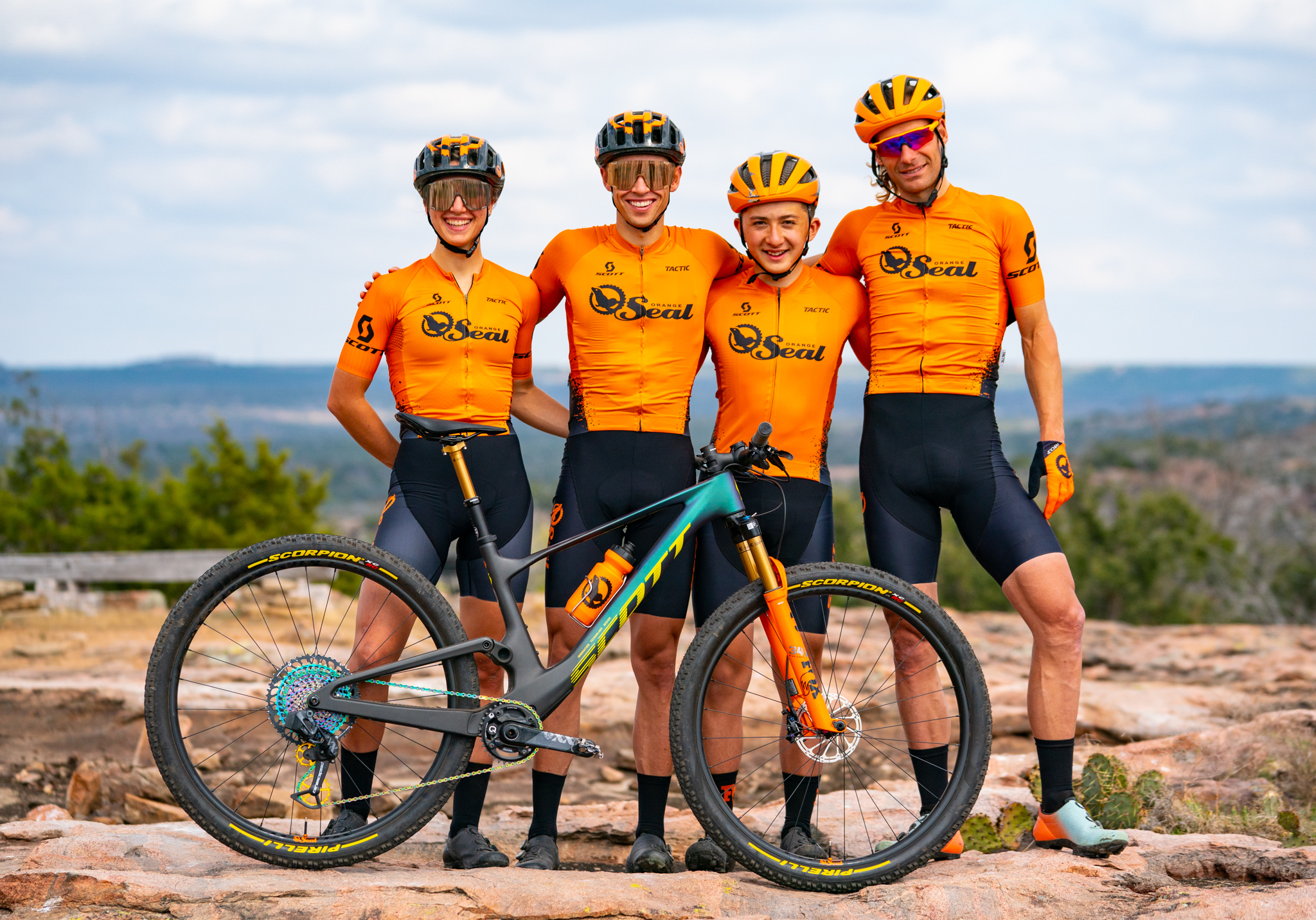 Team or Privateering? How to make a living as a gravel racer
Team or Privateering? How to make a living as a gravel racerHow do you pay the bills as a gravel racer? Do you join a team or go it alone? Both directions have benefits and down sides.
By Emily Schaldach Last updated